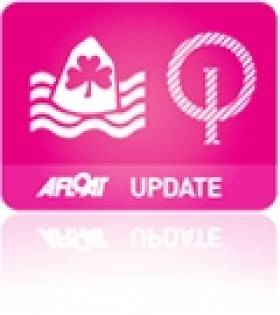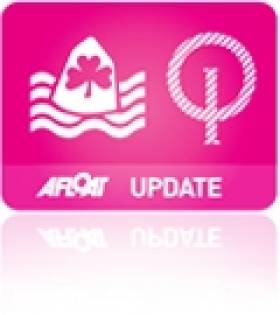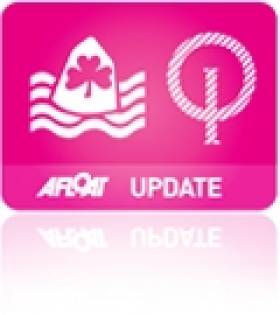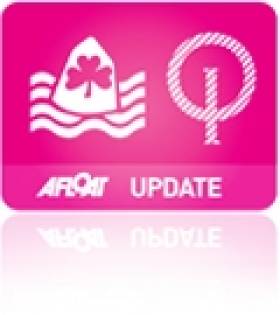Displaying items by tag: Peter McCann
McCann Leads Optimist Europeans
McCann Wins Opti Nationals in Consistent Style
Royal Cork Optimist ace Peter McCann completed a clean sweep of the National Championships at Waterford Harbour SC yesterday counting nine of 11 results in the top three of the combined fleet of 249 boats. McCann's consistent performance put him 11 points clear of his second placed Partrick Crosbie alos of the Royal Cork. Third was UK visitor Aarron Holman. McCann is Ireland's top-ranked Optimist sailor and in July asserted himself at the front of an international fleet , posting a first and fourth to be in seventh position overall in the 144-boat boys fleet at the Optimist Europeans.
Optimist Irish National Championships Results HERE.
Royal Cork 1, 2 and 3 at Optimist Nationals
Two more races were sailed today at the Optimist National Championships in Waterford Harbour Sailing Club but a third race did not happen due to combination of strong winds and poor visibility. Royal Cork Yacht Club are dominating the top positions in this event so far
Provisional Results after 7 races:
Seniors: 1st Peter McCann RCYC, 2nd Patrick Crosbie RCYC.3rd John Durcan RCYC.
Juniors: 1st Daire Cournane RCYC, 2nd Daniel Whiteley, PDC, UK. 3rd Daniel Labrouche UK.
Royal Cork's Peter McCann Takes Early Lead at Oppy Nationals
The 3 sponsored Irish Optimist Nationals got underway today in Dunmore East in County Waterford. A total of 234 boats raced two races in light to moderate North West breezes, remaining steady for the day. Provisional results after 2 races:
Senior: 1st Peter McCann, RCYC, 2nd Aran Hollowell, UK.
Junior: 1st Daire Cournane, RCYC/KYC; 2nd Fergus Flood, HYC.
Regatta: 1st Michael O'Suilleabhain, KYC, 2nd Amy Carroll.
Photos below by Noel Browne
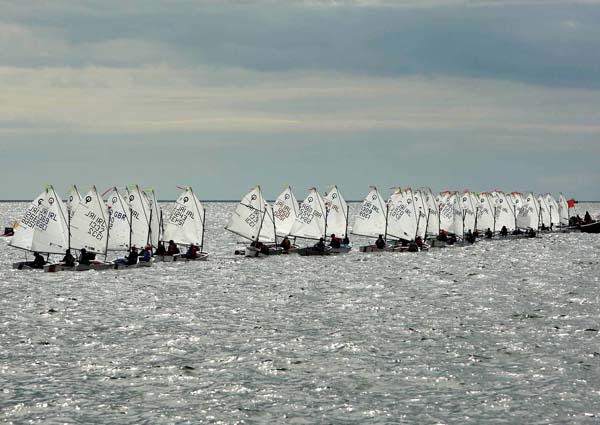
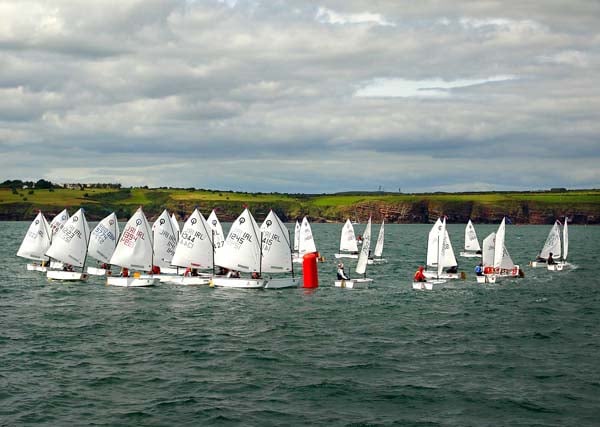
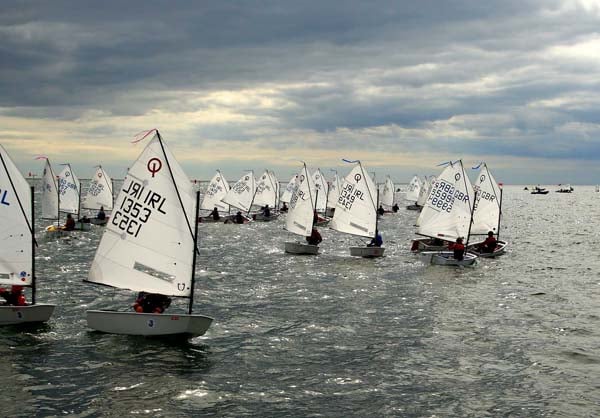
More on the forum HERE



























